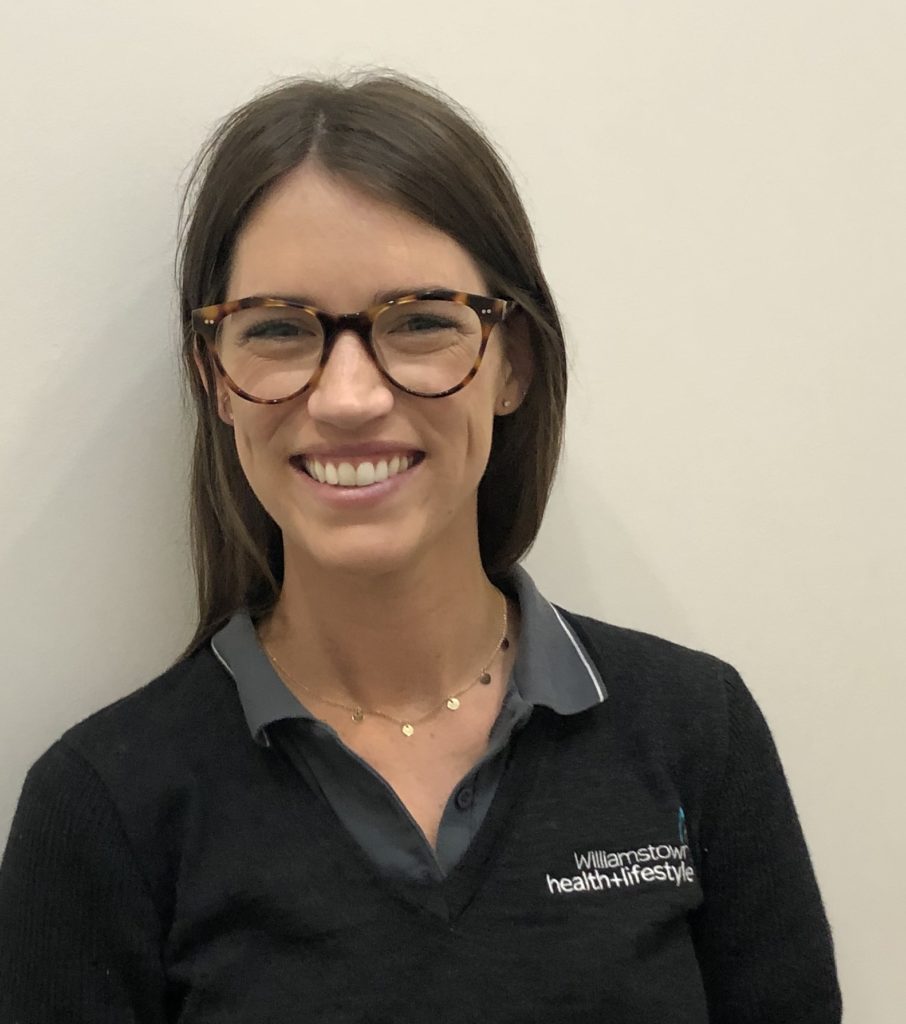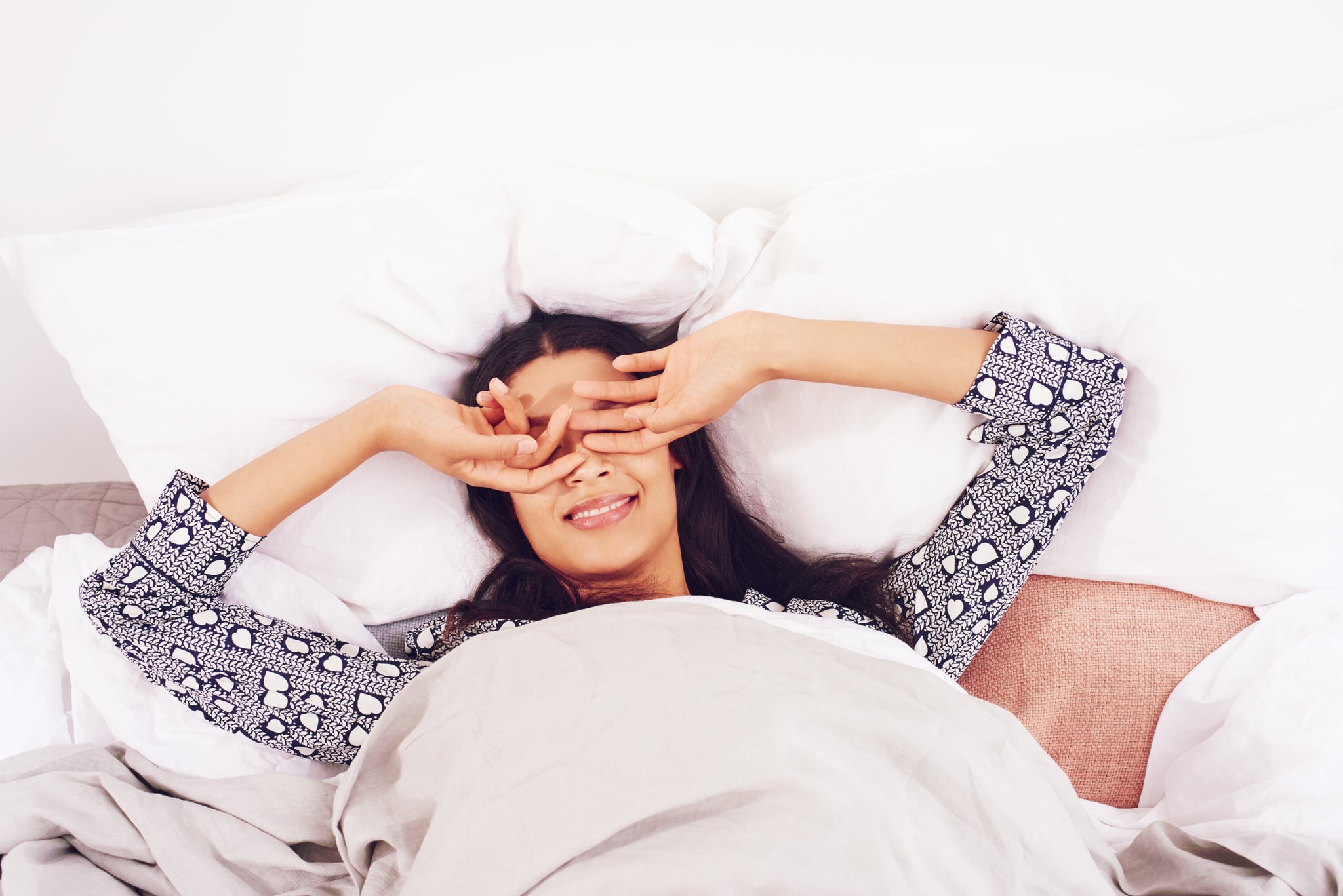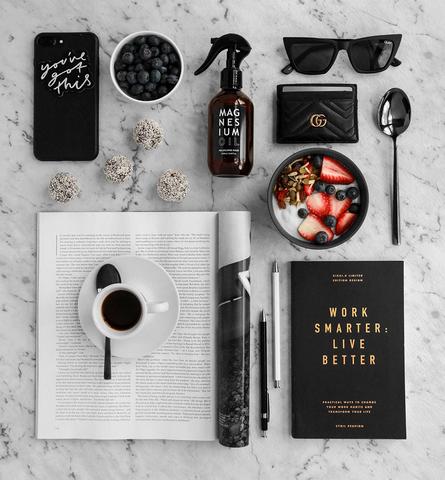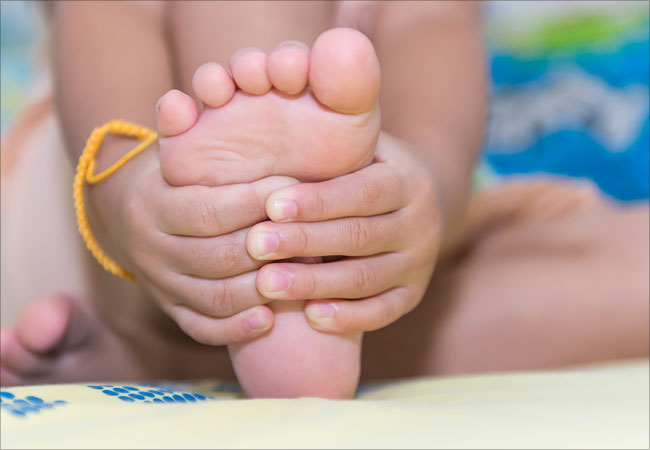Can’t get no sleep???
Four in ten Australians can relate to that line from the faithless song of the 90’s. Following on from burnout blog, sleep is a major player in mental wellness. Our obsession with technology and resultant anxiety is having a greater effect on our health that we anticipate.
There is ample research to show that a good nights rest not only helps the body repair, but also improves our bodies ability to cope with pain and anxiety.
Our Williamstown Osteopath Jo explores 7 tips to save your sleep:
Bedroom:
Make
it ‘cavelike’ – cold, dark and quiet; preferably a place used solely for sleep and intimacy. If we watch TV, play on our phone or study, our brain starts to associate our bedroom with activities and being awake. Teaching our brain this association to our room,
may take some practice. Only go to bed when you’re tired. If you find yourself lying in bed wide awake, get up, move to another room and do something boring and non-stimulating in low light or darkness until you’re tired.
Routine:
Our circadian rhythm or body clock, loves routine. Try to go to bed and wake up at similar times each day. Our body produces hormones during the day depending on our body clock and regulating our days helps it figure out when these hormones should generally be produced.
Napping:
As someone who commonly brags about her ability to nap (international flights and between patients on the treatment table included) I am definitely an advocate for a cheeky nap. All lengths of naps are beneficial. But keep in mind that the length of the nap is proportional to the length of post nap drowsiness and that a nap too close to bed-time will impair sleep that night. Try to avoid napping within 6 hours of bed time.
Light:
Melatonin, known as the “sleep” or “darkness” hormone is produced by a gland in our brain which helps prepare our body for sleep (relaxes muscles, decreases body temperature and makes us feel drowsy). It’s released when we are exposed to darkness. So decrease exposure to light the hour before bed, this includes electronics, and keep your bedroom as dark as possible. Alarm clocks should face the wall and phones should preferably be out of the room all together or face down at the very least. A great tip I received off a sleep psychologist was to prepare for bed as early as possible. Therefore, when you are feeling sleepy, you don’t have to complete the bedtime routine and turn on that bright bathroom light which will ultimately wake you up again.
Waking up is hard… particularly on a Monday! So try to expose your eyes to some sunlight in the morning, preferably within the first hour of waking. Sunglasses are necessary to protect our eyes but try avoiding them in the mornings when the sun’s rays aren’t as strong to help drop your melatonin levels.
Blue light:
Quite
a hot topic at the moment with the introduction of blue light filters in our prescription lenses. Blue wavelengths are associated with increased attention, reaction time and mood. This is helpful during daylight hours but detrimental to our melatonin levels
if we are exposed to them in the lead up to bed time. Set “night mode” on your phone to decrease blue light after dark and if possible, use warmer coloured lights in the house.
Drugs:
Cigarettes: commonly incorrectly assumed to have a calming effect, are in fact a stimulant. Nicotine increases your heart rate and blood pressure and will keep you awake. The calming effect you feel probably feel, comes on because you have removed yourself from a social situation and taken a few long, deep breaths. Ditch the cigarettes and practice the deep breaths instead!
Alcohol: Although this will help you fall asleep, it impairs the quality of your sleep and makes you more susceptible to waking during the night and/or feeling unrested the following day.
Sleeping
pills: Sometimes needed short term but can make you reliant on the medication and don’t address the cause behind your lack of good slumber.
Mattresses and Pillows:
For many years we have been encouraged to sleep on firm mattresses as this is “more supportive.” This may be true to an extent but side sleepers need some more cushion for their hips and shoulders, particularly as we get older. So channel Little Red Riding Hood when choosing a mattress – not too soft and not too hard, something “just right” (and supportive).
At our Williamstown Osteo, Physio, Pilates clinic, we sell some very comfortable pillows at the clinic. I have one of these beauties at home and take it away with me, it’s that good! Contoured to the shape of your head and neck, memory foam and comes in 3 sizes.
I have one of these beauties at home and take it away with me, it’s that good! Contoured to the shape of your head and neck, memory foam and comes in 3 sizes.
My favourite sleeping related Apps:
D. Flux – decreases blue light on phones and laptops.
Smiling Mind, Headspace – meditation and mindfulness
Sleep Cycle – tracks your sleeping pattern and you can set an alarm to wake you when it senses you are in a lighter stage of your sleep cycle.

At Williamstown Health + Lifestyle we are local to Altona, Altona North, Yarraville, Spotswood, Newport, Seddon, West Footscray and Hobsons Bay. We offer Osteopathy, Physio, Shockwave Therapy, Pilates, Remedial Massage and Myotherapy. Call or Book Online.




